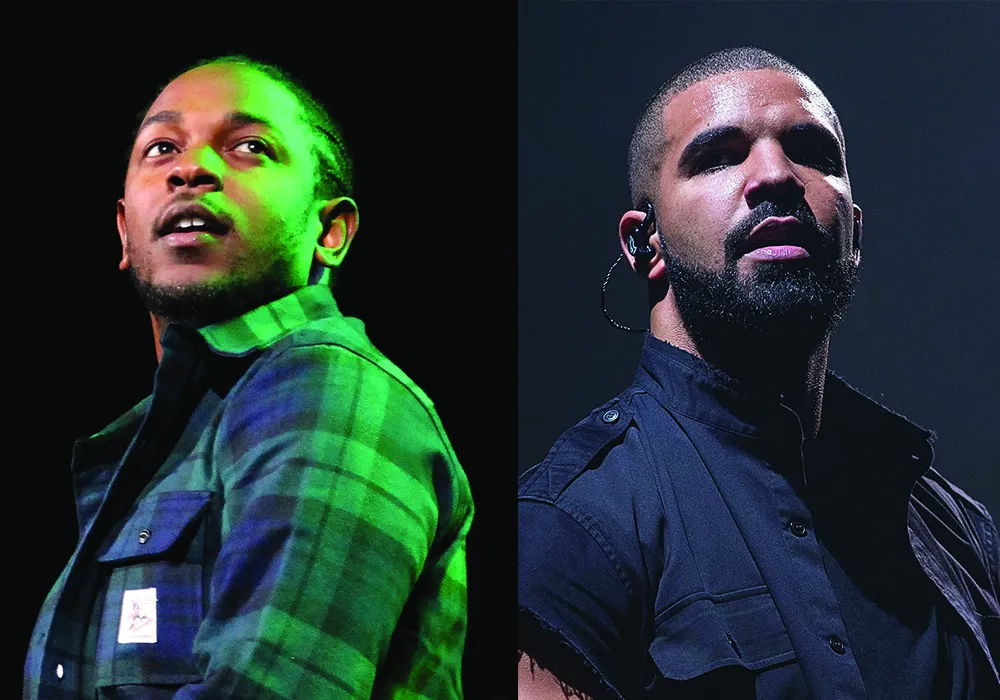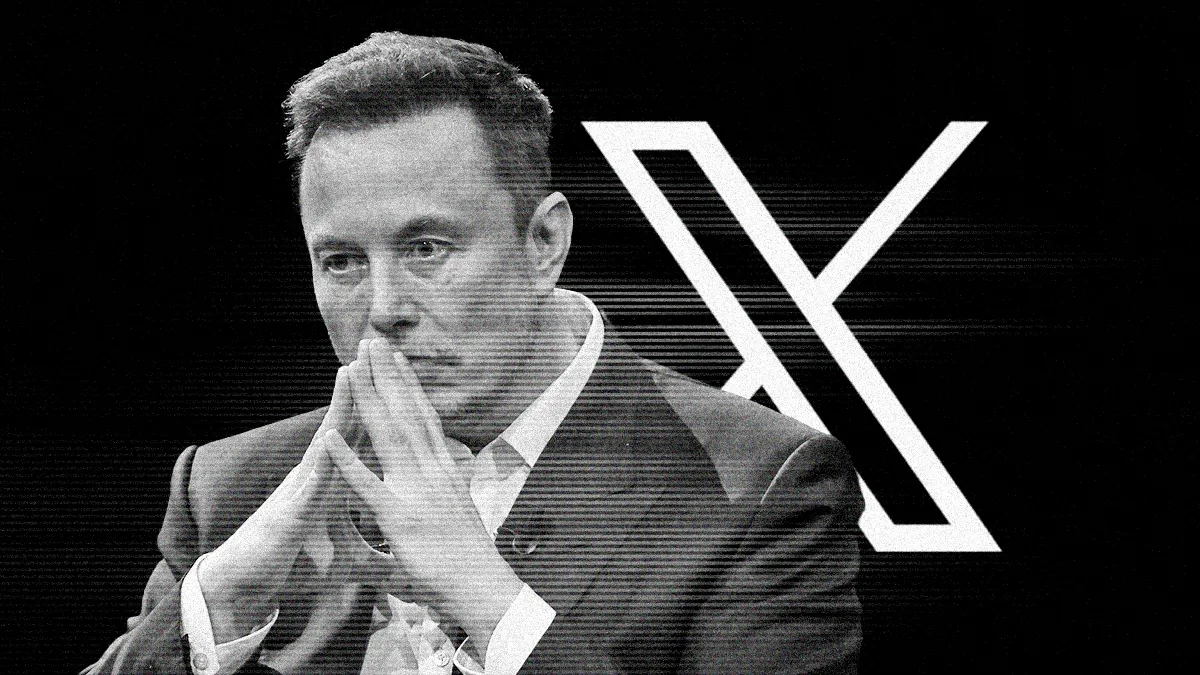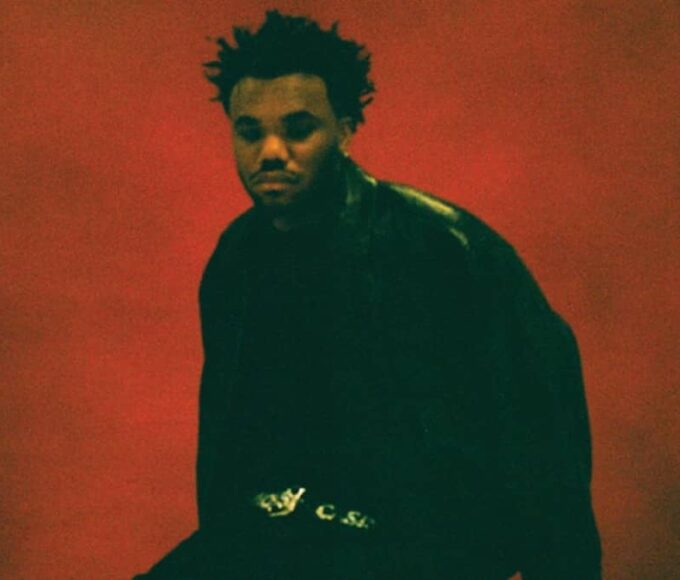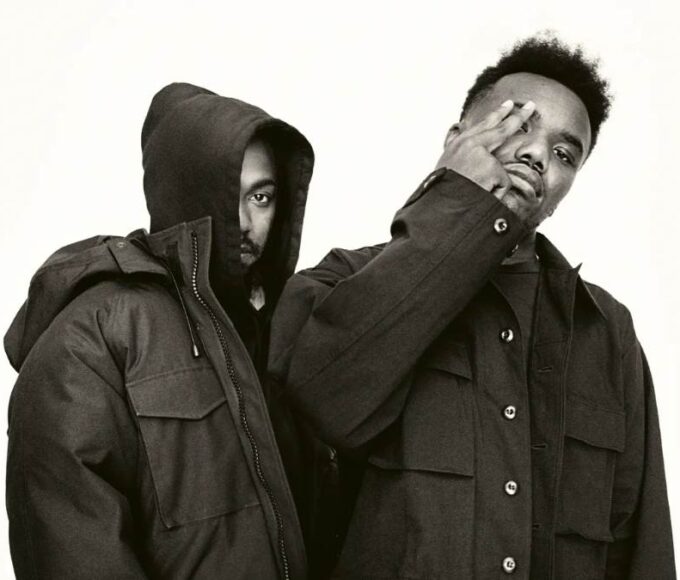In the world of hip-hop, few things stir the pot like a well-crafted diss track, and Kendrick Lamar’s track, “6:16 in LA,” does just that. Kendrick, known for his lyrical prowess and intricate storytelling, has delivered a scathing attack on Drake that’s packed with layers of meaning and sharp references.
Let’s break down this masterpiece and see why it’s got everyone talking.
Homage to Tupac
First off, let’s talk about the title. June 16, or 6/16, is Tupac Shakur’s birthday. Kendrick has never shied away from paying tribute to his idols, and Tupac is at the top of that list. By choosing this date, Kendrick is not just tipping his hat to a legend; he’s also aligning himself with the legacy of one of hip-hop’s most influential figures. This isn’t just a diss track; it’s a statement of lineage and respect.
Father’s Day Jab
But wait, there’s more. June 16 also happens to be Father’s Day. In “Euphoria,” Kendrick previously called out Drake as an absentee father. This track’s title can be seen as a not-so-subtle dig at Drake’s parenting, adding another layer of personal attack. Kendrick isn’t just coming for Drake’s career; he’s taking shots at his personal life.
O.J. Simpson Trial Reference
Here’s where it gets dark. June 16, 1994, was the funeral for Nicole Brown Simpson, a pivotal moment in the O.J. Simpson murder trial. Kendrick’s cover art for “6:16 in LA” features two leather gloves, an obvious nod to the infamous trial. This metaphor is chilling—Kendrick casts Drake as Nicole Brown Simpson and himself as the metaphorical “murderer” of Drake’s career. It’s a bold, provocative comparison that speaks volumes about Kendrick’s confidence in his ability to dethrone Drake.
Timestamp Tradition
Kendrick has a history of releasing songs with timestamp titles, similar to Drake’s own series. “6:16 in LA” could very well refer to the time the track was dropped, further tying the two artists together while setting them apart. It’s a clever play on Drake’s style, flipping it to serve Kendrick’s purpose.
Biblical Undertones
And if you thought Kendrick was done with the references, think again. The title “6:16” could also be pointing to biblical verses like Revelation 6:16, Jeremiah 6:16, and Luke 6:16. Each of these verses carries significant weight, potentially adding a spiritual dimension to the track. Kendrick has always been one to infuse his work with deeper meanings, and this is no exception.
Grammys Ban AI
Let’s not overlook the fact that June 16 was also the date the Grammys banned AI-generated music. In the age of digital everything, this could be Kendrick’s way of challenging the authenticity of today’s music scene and, by extension, questioning Drake’s place within it.
Throwing Down the Gauntlet
Lastly, the phrase “throwing down the gauntlet” is often used to describe a challenge. By releasing this track, Kendrick is throwing down the gauntlet, challenging Drake to respond. It’s a bold move, one that requires confidence and skill—both of which Kendrick has in spades.
Conclusion
“6:16 in LA” isn’t just a song; it’s a masterclass in diss and symbolism. Kendrick Lamar has woven together personal jabs, historical references, and spiritual undertones to craft an attack that is as deep as it is cutting. He contrasts his own authenticity and spiritual grounding against what he portrays as Drake’s empty persona. And the most chilling part? Kendrick hints at betrayals within Drake’s inner circle, sowing seeds of paranoia that could have real consequences.
In the end, Kendrick Lamar has shown once again why he’s one of the greatest storytellers in hip-hop. “6:16 in LA” is a track that will be dissected and discussed for years to come, a testament to Kendrick’s genius and his place at the top of the rap game.











